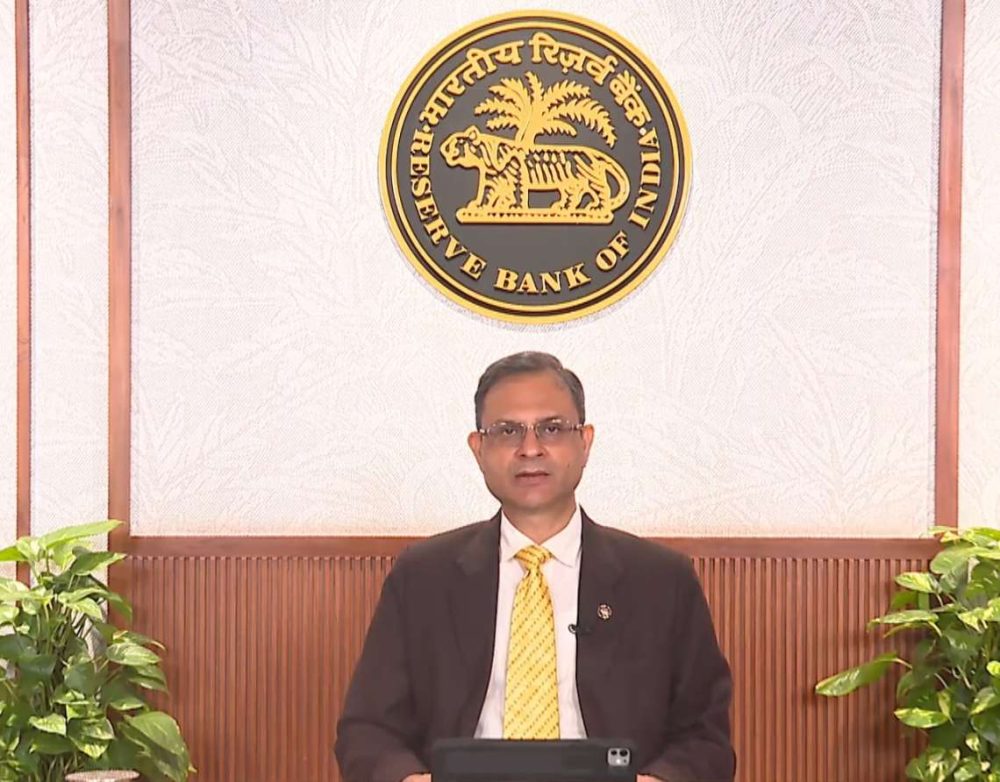Sales jump 77% from FY19 to FY25 as luxury housing, office leasing, logistics, and tech-led investments drive real estate recovery.
India’s residential real estate market has witnessed a dramatic revival in the post-pandemic years, with sales across major cities rising nearly 77 per cent from FY 2019 to FY 2025, according to a new report by Grant Thornton Bharat.
The report paints a picture of a robust property sector driven by shifting consumer preferences, digital innovation, and investor confidence. It also highlights notable trends in housing demand, office space leasing, and the growing appeal of logistics and warehousing, as well as evolving investment avenues.
Primary transactions—comprising under-construction homes sold by developers—accounted for 57 per cent of all residential deals in FY 2025. However, the share of secondary transactions, or property resales, rose significantly to 43 per cent, up from 38 per cent in FY 2019. The shift signals growing liquidity and maturity in India’s property market, where existing homes are finding increasing favour among homebuyers.
Luxury housing—homes priced above ₹1 crore—has emerged as a major growth segment. The report attributes this to rising disposable incomes, evolving lifestyle aspirations, and targeted efforts by developers to meet premium buyer expectations. The uptick underscores a transformation in the Indian housing landscape, with more buyers willing to invest in high-end, amenity-rich homes.
India’s office leasing sector has also rebounded sharply, achieving record absorption levels in FY 2025. Key demand drivers include Global Capability Centres (GCCs), IT/ITES firms, e-commerce companies, and the rise of flexible workspaces. While tier 1 cities remain dominant, several tier 2 hubs are rapidly emerging as business destinations, signaling decentralised urban growth.
The report notes positive rental growth across top office markets, indicating strong tenant demand and limited vacancy in prime locations.
The logistics and warehousing segment continues to grow steadily, supported by policy reforms such as ‘Make in India’, the Goods and Services Tax (GST), and the National Logistics Policy. As e-commerce and industrial expansion drive the need for more storage and distribution centres, both developers and investors are pivoting towards logistics infrastructure.
India recorded 99 real estate transactions amounting to $6.99 billion in FY 2024–25. Private equity led the way with $3.15 billion in investments, while public markets raised nearly $3 billion through initial public offerings (IPOs) and qualified institutional placements (QIPs). The report notes a resurgence in deal activity, underpinned by a favourable regulatory environment and sustained investor interest.
The report identifies artificial intelligence, blockchain, smart building technology, and green construction as key forces transforming how real estate assets are developed and managed. These innovations are enhancing operational efficiency, tenant experience, and sustainability across asset classes.
Among the new investment vehicles gaining traction are real estate tokenisation and SM-REITs (Small and Medium Real Estate Investment Trusts), both of which promise to democratise real estate investing by lowering entry barriers and improving liquidity.
Looking ahead, the report predicts sustained growth in premium housing, office spaces, logistics infrastructure, and alternative assets. This momentum will be driven by digital transformation, decentralised urban development, and a broadening investor base seeking diversified returns.
“India’s real estate story is being rewritten—digitally, sustainably, and inclusively. The future is decentralised, tech-enabled, and investor-friendly,” said the leadership team at Grant Thornton Bharat.
The findings reflect a maturing real estate ecosystem, where technology adoption, policy reforms, and global capital flows are shaping a more resilient and future-ready sector. With investor appetite remaining strong and new asset classes on the rise, India’s property market appears poised for a sustained, innovation-led boom.
Residential Market Sees Revival









